SUMMARY
This is AI generated summarization, which may have errors. For context, always refer to the full article.
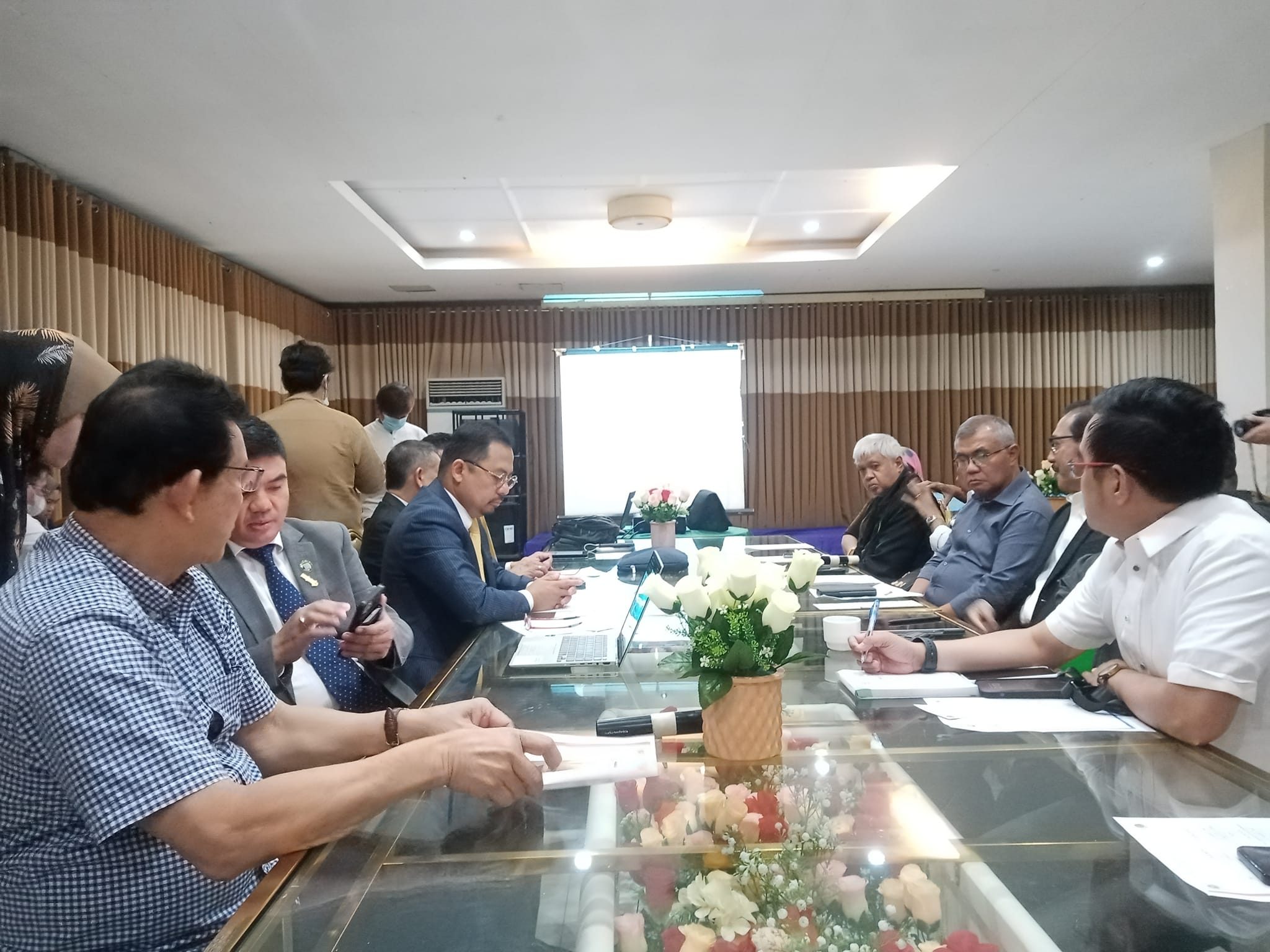
PALAWAN, Philippines – A few years ago, Muslim consumers, including tourists, faced challenges in finding places to dine and purchase halal-certified food in Palawan.
In this popular island destination with an average one million annual tourist arrivals, halal restaurants are scarce. Interestingly, the south of Palawan is home to a predominantly Muslim population, tracing its history as a former territory of the Sultanate of Brunei centuries ago.
Halal, meaning permissible, lawful, or allowed, clean, pure, and safe for consumption for the human body, soul, and environment, has its roots in Islamic teachings.
The sources of Halal food include domesticated animals and ruminants with split hooves, such as cattle, sheep, goats, camels, lambs, and buffaloes/carabao.
Non-predatory animals, aquatic animals, all plants, and plant products that are not poisonous, intoxicating, or hazardous to human health are likewise considered halal.
Today, various projects and activities by both the government and private sector stakeholders in Palawan aim to raise public awareness of Halal, specifically targeting micro and small enterprises, farmers, and other stakeholders.
The national government has accredited Palawan’s first and only halal-certifying body, the Palawan Halal Development Council Incorporated (PHDCI), enabling easy access to the registration of Halal products produced by food establishments and farms.
Key to the initiative is PHDCI, a registered civil society organization composed of professional Muslim and Halal industry players, now serving as a Halal certifying body.
Said Alih Sha, a 48-year-old biologist and the chairman and chief executive officer of PHDCI, said that a few years ago, there was no Halal certifying body in Palawan. There was a time when food establishments needed to spend at least P50,000 to P100,000 to cover the costs of airfare, accommodation, food, and other necessities to request the services of a Manila-based halal certifier.
Now, food establishments in Palawan have access to a local halal-certifying body.
Sha said they have also strengthened their ties with Brunei Darussalam-based business groups through various fora and conferences since 2023. A group of Palawan-based businessmen also visited Brunei last year as part of a business-to-business activity.
As early as 2018, the Department of Science and Technology (DOST) initiated several business fora on halal, emphasizing the need for restaurant owners and food processors to prepare to cater to the needs of tourists, especially Muslims. A year later, the Department of Agriculture (DA) scaled up its information campaign on the Philippine Halal Exportation Development and Promotion Act of 2016, which includes Halal as part of its banner programs.
Last week, the Technical Education and Skills Development Authority-Palawan sought to partner with PHDCI and the Palawan Halal Ruminants Raisers Association as part of their effort to integrate Halal into their technical vocational education and training program.
TESDA-Palawan Provincial Director Gerardo Mercado said the program, once finalized, will be the first in the Philippines, aiming to train workers in Halal-certified business establishments and restaurants.
The National Commission on Muslim Filipinos (NCMF) reported that there are 11.8 million Muslim Filipinos nationwide.
Officials said the prospects for the halal industry in Palawan are promising for both Muslims and non-Muslims and that the local business sector can significantly benefit from the opportunities presented by the development of halal tourism. They aim to attract tourists from neighboring countries such as Malaysia, Indonesia, and Brunei Darussalam.
Once Palawan’s establishments become halal-compliant, “you can export to Brunei and Malaysia. Our roll-on roll-off port will be opened… and the products of Palawan can now be sent to Brunei and Malaysia. These countries are looking for animals or ruminants like goats and sheep,” Alejandro Deron, NCMF cultural affairs head in South Luzon, told a business group in Puerto Princesa.
The government has announced that the halal industry is expected to generate P230 billion in trade and investment and create over 120,000 job opportunities for Filipinos in five years.
Sha said the halal industry in Palawan has recognized the emerging opportunities, which is why they have strengthened their activities and linkages to help address poverty and increase the income of those engaged in the local halal industry. – Rappler.com
Gerado C. Reyes Jr. is an Aries Rufo fellow.
Add a comment
How does this make you feel?
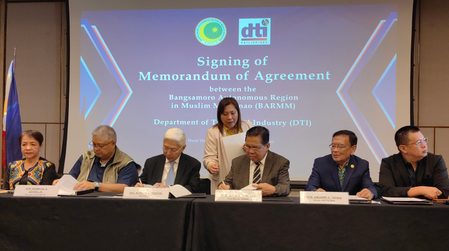
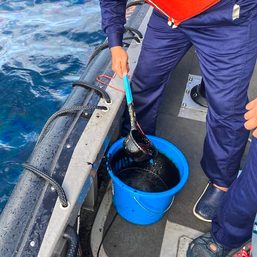






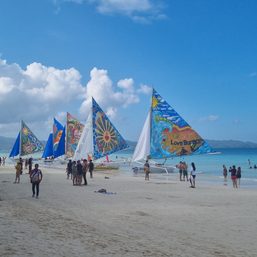
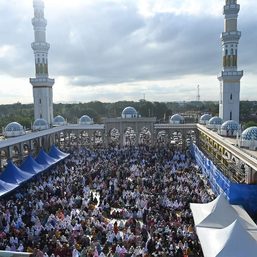
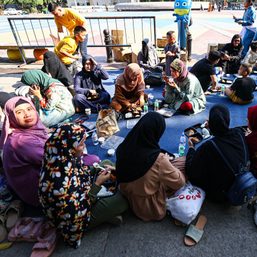




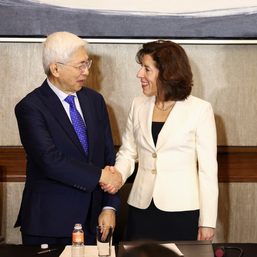
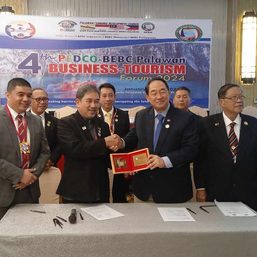
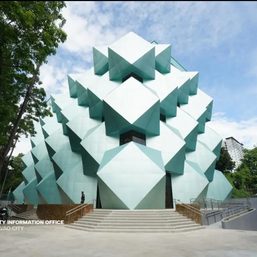
There are no comments yet. Add your comment to start the conversation.